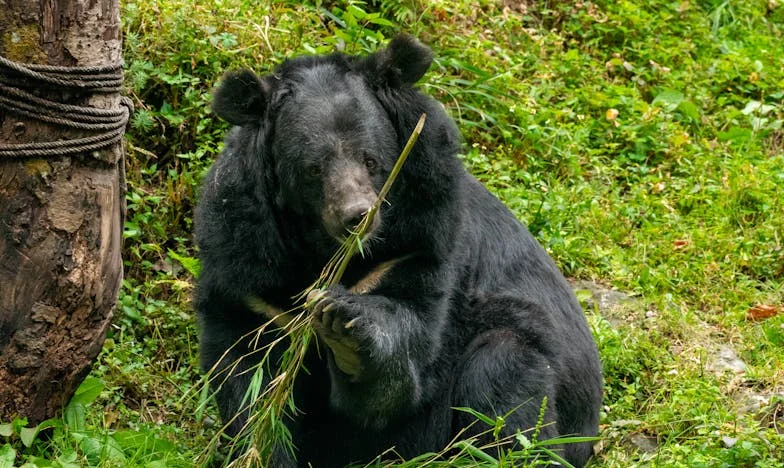Finding a Warmer Place: A Daughter’s Reckoning
“So that’s it? You want me to pay for his mistakes?” My voice cracked as I slammed my hand on the chipped countertop. The old Formica rattled, the air thick with the smell of burnt toast and bitter coffee.
My mother’s arms were crossed so tightly across her chest I wondered if she could actually breathe like that. She stared at me, brown eyes sharp, refusing to blink. “He’s your father, Cassie. This family is all we have!”
I laughed, but it sounded more like a sob. “All we have? Mom, he spent my college savings on beer and lottery tickets! And now you want me to cover his debts? I’m barely scraping by myself!”
The silence swelled. All around us, the past hovered—old school portraits on the yellowed fridge, Dad’s boots still by the door, as if he might stumble in any minute, smelling like gasoline and broken promises.
I was twenty-eight, living in a Dallas apartment with peeling paint and a roommate who never did the dishes. I worked double shifts at the hospital, my scrubs always stained, my feet always sore. But I hadn’t come home in months—not until Mom’s desperate call: “Cassie, I need you.”
Now I stood in the same kitchen where Dad once taught me how to make grilled cheese, before he started disappearing for days. Before the shouting matches, the slammed doors, the police at midnight. Before Mom gave up on her laughter.
She moved closer, her voice trembling. “He’s sick, Cassie. The medical bills—”
I interrupted, tears pricking my eyes. “He’s been ‘sick’ for years, Mom. And we both know it’s not just his heart. It’s the drinking. The gambling. The lies.”
She flinched, but didn’t deny it. “He’s still your father.”
I wanted to scream, to break something—just so the ache inside me would be louder than the memories. Instead, I stared at my hands, the same hands that once clung to his as we crossed busy streets, before I learned to look both ways on my own.
“Why do I have to pay for his mistakes? Why do I always have to clean up his messes?” I whispered.
Mom’s voice softened. “Because we’re family.”
The word felt like a chain. Every time Dad failed, it was family that bailed him out. When he lost his job at the refinery, Mom took a second job at the diner. When he crashed the car, I skipped prom to babysit my little brother. When he pawned my laptop, I worked weekends at the Sonic drive-in to buy a new one.
I wanted to believe family meant love, meant safety. But in our house, it meant sacrifice. It meant swallowing anger, hiding tears, pretending everything was fine for the neighbors’ sake.
I looked at Mom, at the lines etched deep into her face. She was only fifty, but she looked older. Worn down by years of picking up the pieces Dad left behind.
Suddenly, I remembered the night he never came home—the night she sat at the kitchen table, chain smoking, eyes red from crying. I was sixteen. I made her tea with too much sugar and promised I’d never leave her. But I did. I left for college, for a life where I didn’t have to be the responsible one.
Now, here I was—back in the suffocating heat of our kitchen, my anger boiling over.
“I can’t do it anymore, Mom,” I said finally, my voice barely above a whisper. “I can’t keep saving him.”
She wiped her nose, her hands shaking. “Then save me, Cassie. Please.”
I wanted to run. Instead, I sank into a chair, feeling the exhaustion in my bones. We sat in silence, the only sound the ticking of the cheap wall clock.
After a while, Mom spoke. “He’s not a monster, you know. He’s made mistakes, but—”
“But what?” I cut in. “He loves us? Is that supposed to make it better?”
She looked at me, and for the first time, I saw her fear. “I’m scared, Cassie. If he dies, I don’t know how to start over. I don’t even know who I am without him.”
I reached for her hand, surprised at how cold it felt. “You’re my mom. That’s enough.”
We cried together, years of pain spilling out in quiet, shuddering sobs. The past was a wound that never healed, but in that moment, we were just two women, trying to find a way forward.
After that night, I agreed to help—just a little. I called the hospital, talked with the billing office, tried to negotiate a payment plan. I drove Dad to his appointments, even when he barely acknowledged me. I watched him shrink into himself, guilt and sickness hollowing him out.
Sometimes, after a long shift, I’d sit in my car and scream. Other times, I’d just drive, the Texas highways stretching out forever, wondering if I’d ever really escape the gravity of my family.
But I kept coming back. Not for Dad—but for Mom, and for the girl I’d once been, who believed in hope.
Now, months later, Dad’s gone—buried in a plain pine box, the only thing we could afford. Mom lives with me, learning how to laugh again. I still feel the old anger sometimes, but I’m learning that forgiveness isn’t about excusing the past. It’s about letting myself move forward.
I sit on my apartment balcony some nights, watching the city lights flicker, and wonder: How many of us are trapped by family debts, by old wounds we never asked for? If you had to choose, would you save yourself—or someone you love?
